Trump Simplifies Self-Driving Crash Rules: Small Crashes Don't Need Reporting
 JohnApr 25, 2025, 02:26 PM
JohnApr 25, 2025, 02:26 PM
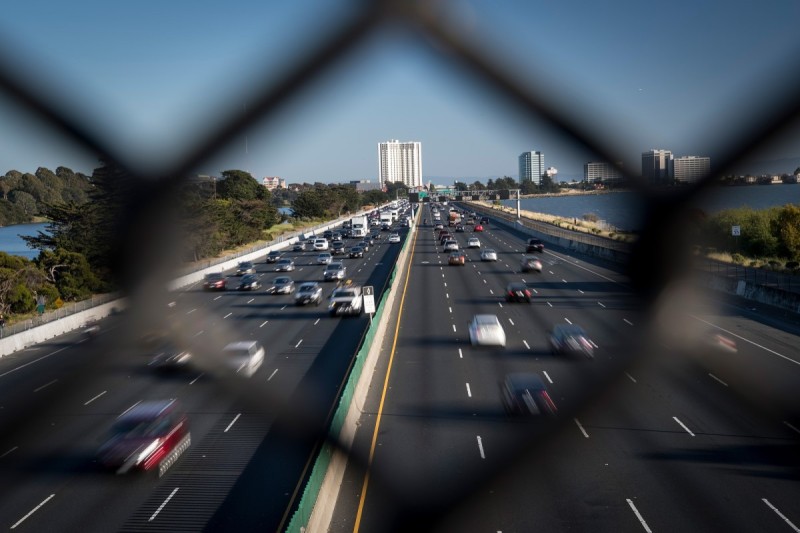
【PCauto】Recently, the U.S. Department of Transportation (NHTSA) under the Trump administration made adjustments to a policy related to autonomous vehicles, which could potentially make Tesla the biggest beneficiary.
During the Biden administration,rules were imposed on autonomous vehicles, requiring that automakers and technology companies report crashes involving fully or partially autonomous driving systems.
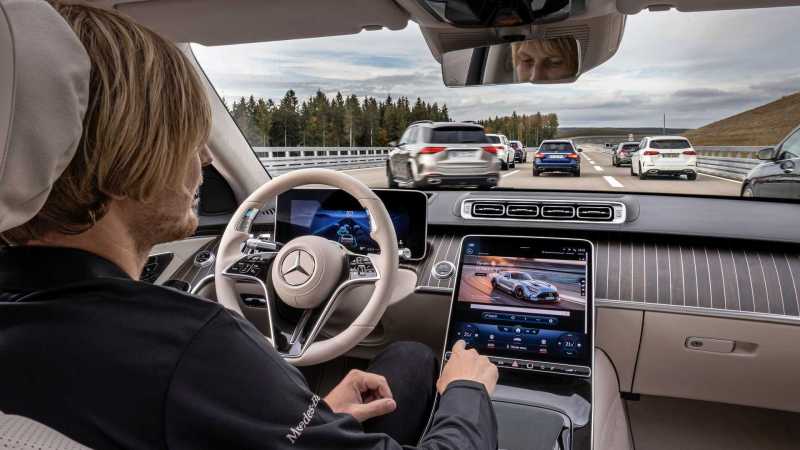
Trump team has now introduced several key modifications to this rule.
Unnecessary and duplicative reporting requirements have been eliminated, though manufacturers’ obligation to report accidents will still be retained, maintaining the general reporting rules for collisions involving vehicles equipped with specific Advanced Driver Assistance Systems (ADAS) and Automated Driving Systems (ADS).
The revised rule also permits certain deviations from federal safety standards, such as allowing autonomous vehicles without rearview mirrors to operate on U.S. roads.
Additionally, automakers are now allowed to submit consolidated monthly reports for minor accidents, and the property damage reporting threshold for incidents involving autonomous vehicles has been raised.
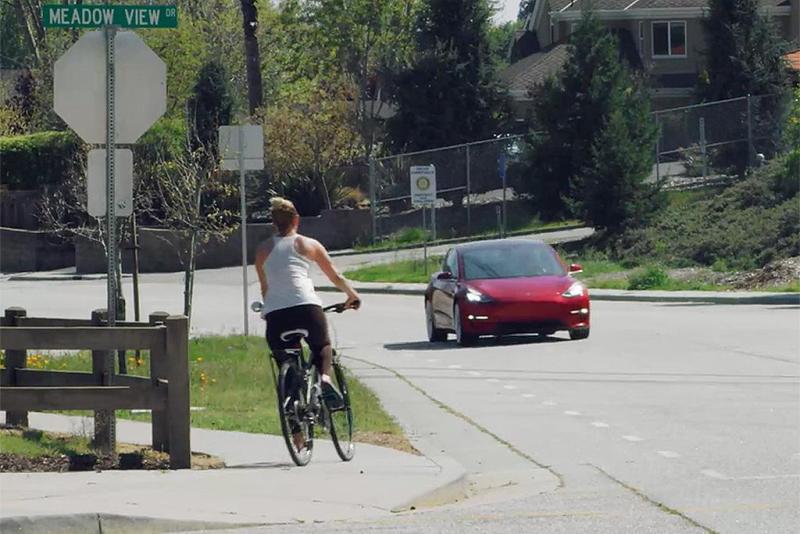
Regarding these changes, U.S. Transportation Secretary Sean Duffy stated that the government recognizes autonomous driving as a high-stakes race for innovation, and the new policy framework aims to significantly reduce bureaucratic red tape while placing the industry under unified national standards.
Previously, U.S. regulations on autonomous driving were fragmented, varying by state. This policy adjustment marks a significant shift in the federal government’s approach to rulemaking in the autonomous vehicle sector.
The policy change comes with complex background. As early as December 2024, documents revealed that Trump’s transition team sought to scrap crash data reporting requirements for autonomous vehicles. At the time, this sparked industry speculation about the future direction of autonomous driving regulations. While the NHTSA’s adjustments do not completely eliminate accident reporting, they partially align with the transition team’s earlier stance.
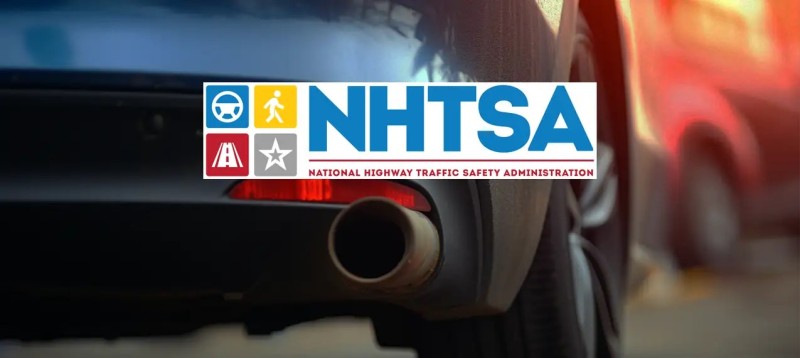
Tesla CEO Elon Musk has long criticized autonomous vehicle accident reporting rules, deeming them overly burdensome and unfair.
Since the NHTSA established these rules in 2021, Tesla has reported over 1,500 incidents to federal safety regulators. Of the 45 fatal crashes investigated by the NHTSA, Tesla vehicles were involved in 40.
Tesla collects real-time crash data that other companies do not, and due to its high sales volume, large fleet size, and frequent use of driver-assistance systems, its reported accident ratio may be "significantly higher" than other automakers.
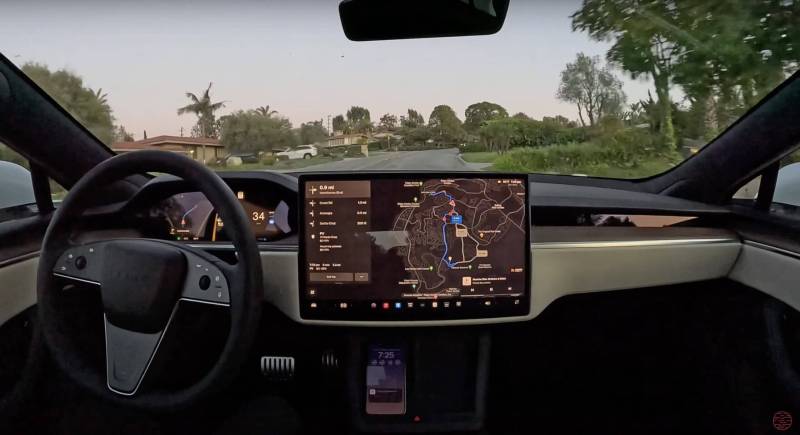
Even the NHTSA itself has cautioned against using this data to compare automakers’ safety performance, as different companies gather collision information in varying ways.
Beyond Tesla, the Alliance for Automotive Innovation, a trade group representing most major automakers, has also criticized the reporting requirements as excessively cumbersome.
The NHTSA’s adjustments to accident reporting rules may ease Tesla’s compliance burden. However, not everyone supports the changes. Advocacy groups like ADAS have expressed disappointment over the NHTSA’s decision to weaken rather than strengthen autonomous driving regulations.
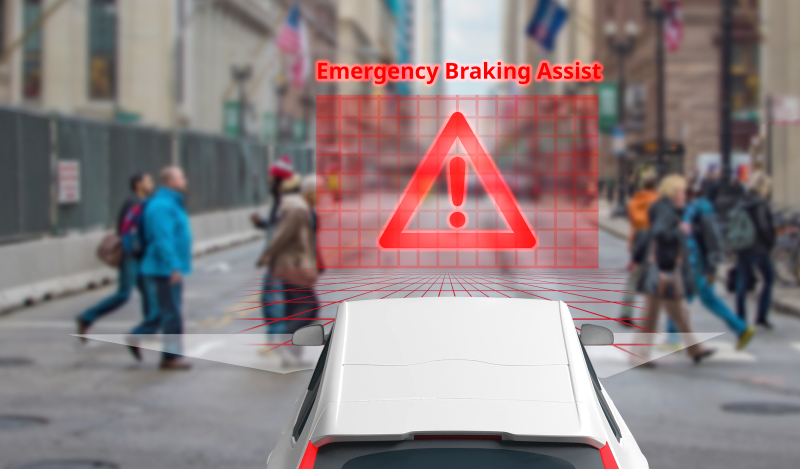
However, not everyone supports the adjustments. ADAS have expressed disappointment over the NHTSA’s decision to weaken rather than strengthen autonomous driving regulations.
It argues that expanding exemptions could lead to fatal consequences. While autonomous driving technology holds immense potential, it still carries significant safety risks. Detailed accident data collection helps regulators identify issues promptly, push for technological improvements, and ensure road safety.
The NHTSA’s rule adjustments reflect an attempt to balance industry innovation and traffic safety. Relaxing certain regulations may accelerate the development of autonomous vehicles and reduce compliance costs for companies. On the other hand, reduced oversight could introduce safety hazards and amplify public concerns over the technology’s reliability.
If any infringement occurs, please contact us for deletion
Trending News

2025 Toyota Aqua Released, Fuel Efficiency 35.4km/L, More Worth Buying Than Corolla
[PCauto] Against the backdrop of the global automotive market's continuous transition toward electrification, the Toyota Aqua, as a compact hybrid model from the brand, has always been renowned for its high efficiency and practicality.The 2025 Toyota Aqua has been officially unveiled recently, drawing market attention once again with multiple technological upgrades and high fuel efficiency.This model is built on the TNGA-B platform, achieving a new breakthrough in fuel consumption performan

Zeekr 9X will be launched in China on August 29 and has attracted attention due to its resemblance to the Cullinan
[PCauto] Geely's premium electric vehicle brand Zeekr announced that its first luxury flagship hybrid SUV model, the Zeekr 9X, will officially start pre-sale in China on August 29, 2025.This full-size luxury SUV has attracted significant market attention for its resemblance to the Rolls-Royce Cullinan in appearance, as well as its luxurious interior design and high level of configuration.Zeekr 9X Positioned as a Full-Size Luxury SUVThe Zeekr 9X dimensions are 5239/2029/1819mm, with a wheelb

2026 Toyota RAV4 to Launch in China as the Wildlander
【PCauto】After its global debut in May, the 2026 Toyota RAV4 is getting ready for the Chinese market. GAC Toyota, the brand’s joint venture in China, has filed a launch application with the Ministry of Industry and Information Technology for the Wildlander, which is essentially the RAV4. This points to a market arrival in China this fall.

BYD Malaysia CKD factory established in Tanjung Malim, production to start in 2026
[PCauto] On August 22, 2025, BYD officially announced through its Malaysian official distributor, BYD Sime Motors, that it will invest in building a local assembly (CKD) plant in the KLK Technology Park in Tanjung Malim, Perak. The plant is expected to commence production in 2026. This plant, covering an area of 150 acres (approximately 600,000 square meters), will adopt a completely knock-down assembly mode, with complete kits imported from China for localized production in Malaysia.

2026 Malaysia EV Road Tax Policy Analysis: Costs and Opportunities After the End of Exemptions
As December 31, 2025, approaches, electric vehicle owners in Malaysia will face a significant policy turning point — the four-year electric vehicle road tax exemption policy is coming to an end. Starting from January 1, 2026, all electric vehicles will be subject to an annual road tax based on a new power-based tiered tax system. This change marks a transition for Malaysia's electric vehicle market from a policy-driven phase to a new stage of market-oriented development, bringing new considerations for both consumers and the industry.
Popular Cars
Car Compare
Model Year
car model

